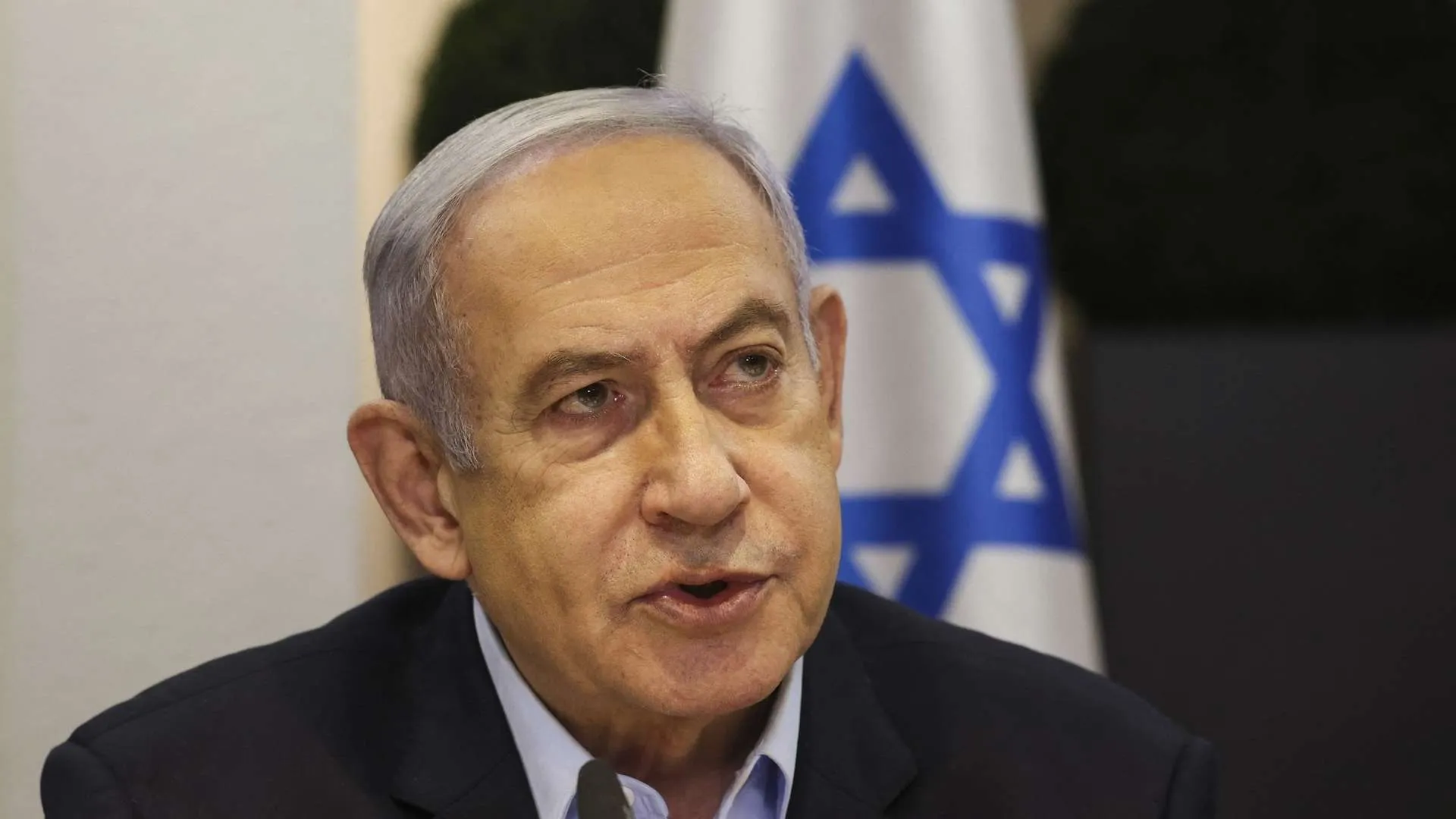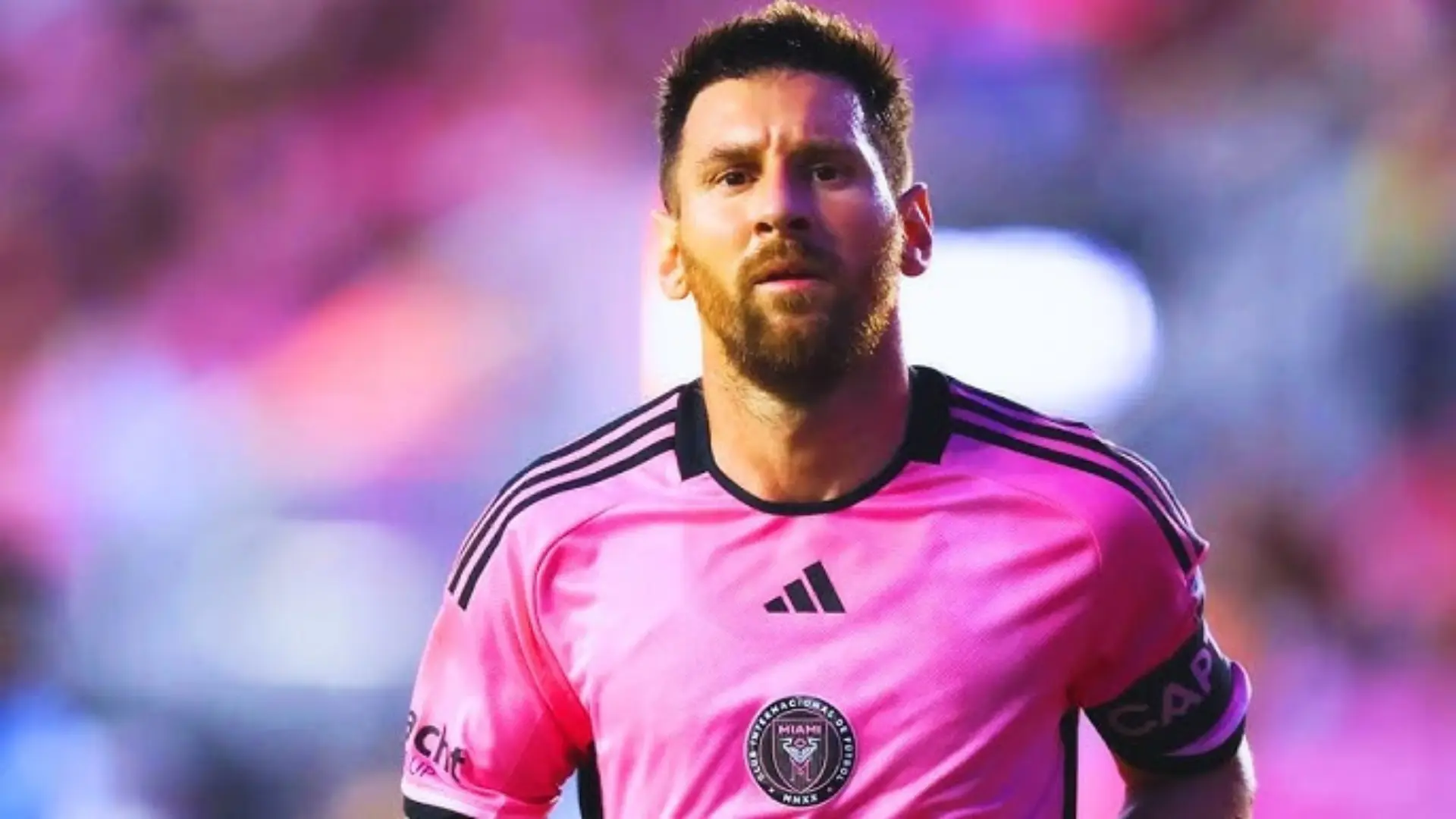Mozambique is on the brink of a pivotal election, signaling a shift in the country’s political landscape as the long-standing Frelimo party prepares to step down from its nearly five-decade hold on power. For the first time since independence in 1975, a candidate born after the country’s liberation struggle will lead Frelimo, as the ruling party seeks to revitalize itself and respond to growing public frustration. This election could represent a major turning point for the country, as President Filipe Nyusi, having served two terms, prepares to hand over power to the young and charismatic Daniel Chapo.
A New Face for Frelimo
Daniel Chapo, at 47 years old, represents a new generation of leadership, distinct from the veteran figures who forged their careers during the country’s war for independence. He has quickly gained popularity for positioning himself as a clean break from the corruption scandals that have marred Frelimo’s reputation in recent years, including the infamous “tuna bond” scandal that contributed to Mozambique’s worst economic crisis.
“In some places, Frelimo campaign members have been booed and openly rejected,” notes political commentator Charles Mangwiro, highlighting the growing disenchantment with the party. Despite the challenges, Chapo’s charisma has seen him draw large crowds at rallies across the country, where he promises a period of “renewal” for Mozambique. His campaign songs emphasize this change, with lyrics such as, “Brother Dan is honesty in person… He is the voice of hope we want to embrace… It’s time for change.”
Chapo’s relatively recent rise in politics, having joined government in 2011 and becoming Frelimo’s general secretary only in May, makes him a somewhat fresh face in Mozambican politics. However, critics argue that his challenge is formidable: how can he promise to tackle corruption when he is part of the very system that has enabled it?
The Shadow of Corruption and Doubts Over Change
Human rights activist and journalist Mirna Chitsungo is skeptical about Chapo’s ability to enact meaningful change, given the entrenched corruption within Frelimo. “If we have a degraded country, it is because of corruption. He faces the challenge of promising to fight this evil while belonging to a party that, on a large scale, has perpetuated corruption,” Chitsungo argues.
Chapo’s campaign faces further challenges, with concerns raised over electoral fraud. A report by the Centro de Integridade Pública revealed that up to 5% of the names on the voters’ roll could be “ghost voters”—unregistered or fraudulent names. Joe Hanlon, an expert on Mozambique, points out that nearly 900,000 voters are likely to be fictitious, a number large enough to sway election results. “The simple fact is that data published by the CNE shows that nearly 900,000 more voters were registered than there are voting-age adults in some provinces,” Hanlon states. “For example, one-third of all registered voters in Gaza Province are believed to be ghost voters.”
The Competition: A Divided Opposition
Chapo is not facing an easy path to victory. A trio of other presidential candidates are vying for power, each with their own appeal. Ossufo Momade, leader of the opposition Renamo party, is seeking to build on the peace agreement he signed with Nyusi in 2019 that ended decades of civil war. However, his 2019 election bid was marred by allegations of electoral fraud, and his hopes for a peaceful transition of power may be undermined by the entry of a new opposition contender, Venâncio Mondlane.
Mondlane, an independent candidate who broke away from Renamo, has become a fresh force in the race. A former banker, Mondlane ran for mayor of Maputo in the 2023 local elections and garnered significant support, only to see the results contested and allegedly rigged. He has since capitalized on his popularity by running for president with the slogan “Save Mozambique – this country is ours.” Mangwiro explains that Mondlane’s appeal is particularly strong among younger voters, who appreciate his message of national pride and economic empowerment.
“He’s the kind of candidate who speaks to the youth, telling them they don’t need to be poor or unemployed,” says Mangwiro. “He draws large crowds at his rallies, and people genuinely come to hear him speak.”
Chapo’s team hopes that the competition between Momade and Mondlane will split the opposition vote, improving his chances of winning.
Chapo’s Efforts to Secure Funding and Support
In a sign of his determination to secure the presidency, Chapo has expanded his campaign efforts beyond Mozambique’s borders, reaching out to the Mozambican diaspora in neighboring South Africa. In Johannesburg, Chapo hosted a fundraising event and spoke to Mozambicans living abroad about the importance of voting. “This is a candidacy for renewal,” he told the crowd. “This is a unique opportunity I have to make a difference, almost 50 years after independence.” Mondlane also traveled to Johannesburg, speaking to Mozambican workers and pledging to address the issues that caused many to leave the country in search of better opportunities.
The Economic and Security Challenges Ahead
One of the most pressing issues for any new president will be addressing Mozambique’s dire economic situation. With 62% of the population living in extreme poverty—surviving on less than $1.90 a day—Mozambique faces enormous challenges in creating jobs and economic opportunities. The country is also struggling with an ongoing insurgency in Cabo Delgado, in the northern part of the country, where jihadist groups have disrupted local communities and halted major liquefied natural gas projects. However, security concerns have not dominated the election discourse.
Ziyanda Stuurman from Eurasia Group notes a rise in insurgent activity this year, though foreign troops, including Rwandan and South African forces, are still stationed in the region.
The ability of any new president to manage these complex issues—economic recovery, job creation, and restoring security—will be crucial to their success.
A Close Race with Uncertain Outcomes
With the election fast approaching, it is clear that the race remains wide open. The final rallies have concluded, and analysts, like Mangwiro, are cautious about making predictions. “It’s too close to call,” he says, underscoring the unpredictable nature of the election. While Chapo remains the favorite due to his party’s entrenched political machinery, the fractured opposition and the public’s growing desire for change could still swing the result in unexpected directions.
As Mozambique prepares to vote, the 2024 election will be seen as a test of whether the country will embrace renewal or continue under the rule of a party that has shaped its political destiny for nearly 50 years.
(includes inputs from online sources)
ALSO READ: Trump And Elon Musk Address Thousands At Site Of Failed Assassination Attempt






















